Sierra Leone’s Country Report prepared under Post-2015 Data Test: Unpacking the Data Revolution at the Country Level (Post-2015 Data Test) has been released. The study titled Measuring National Priorities for Post-2015 in Sierra Leone was conducted by Professor Samuel Jamiru Braima (team leader), Aisha Ibrahim Fofana, Alfred A. Jarrett, J. Lawrence Kamara, Samuel Weekes, and N. S. B Wellington of the Faculty of Social Sciences, Fourah Bay College (FSSL, FBC), University of Sierra Leone.
The core objective of the study is to explore the statistical capacity of the country to provide adequate, relevant, timely and accurate data to monitor progress on the SDGs. The study highlights the significance of several proposed SDG areas in the context of Sierra Leone, and presents the state of statistical data to measure progress on areas ranging from poverty, employment and inclusive growth – energy, infrastructure and disaster resilience – to governance and global partnership. Moreover, it provides insights into Sierra Leone’s national priorities under SDGs and identifies the areas of national statistical system for further strengthening.
The Post-2015 Data Test: Unpacking Data Revolution at Country Level is a seven-country project implemented by the Southern Voice network along with Norman Paterson School of International Affairs (NPSIA), Ottawa. Other countries covered under the project are Bangladesh, Canada, Peru, Senegal, Tanzania and Turkey. Currently, Southern Voice is implementing a follow-up project based on the learning outcomes of Post-2015 Data Test.
Click here for the report highlights.
4,222 total views, 5 views today


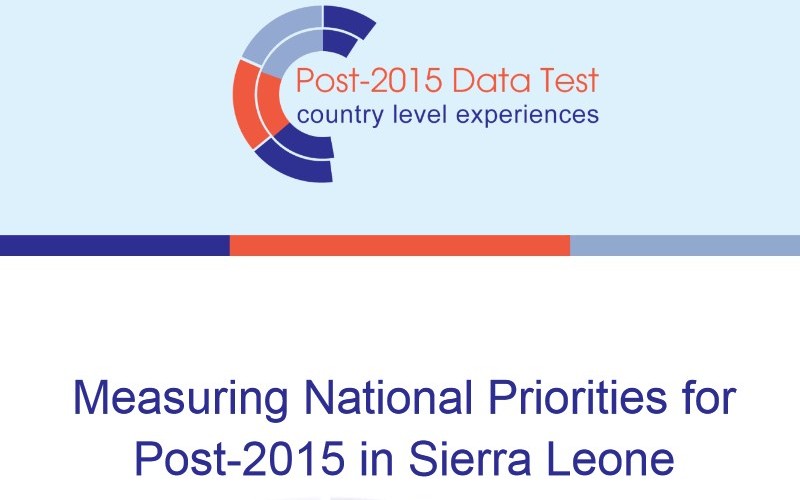

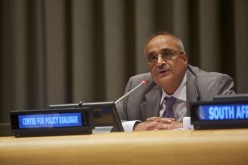
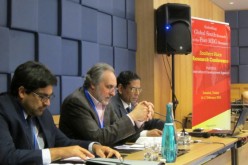
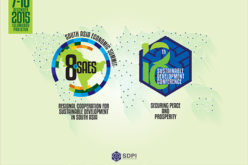
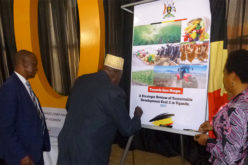
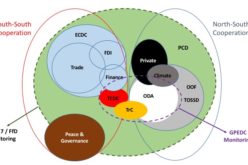

One of the main reasons why it is very difficult for the government of Sierra Leone to properly plan and implement developmental policies/goals is lack of reliable, valid and accurate data. Poor data collection, storage and management systems are the major stumbling blocks to properly address the MDGs. Most of the people involved in data collection and collation are either not qualified or properly trained for data collection and collation. Government needs to seriously check the quality and caliber of staff involve in data collection processes. Also government officials involvement(politics) in data collection processes hampers the recruitment of trained and qualified staff for the exercise. Most of those involved in data collection exercises are not qualified but are appointed by the powers that be(order from above).